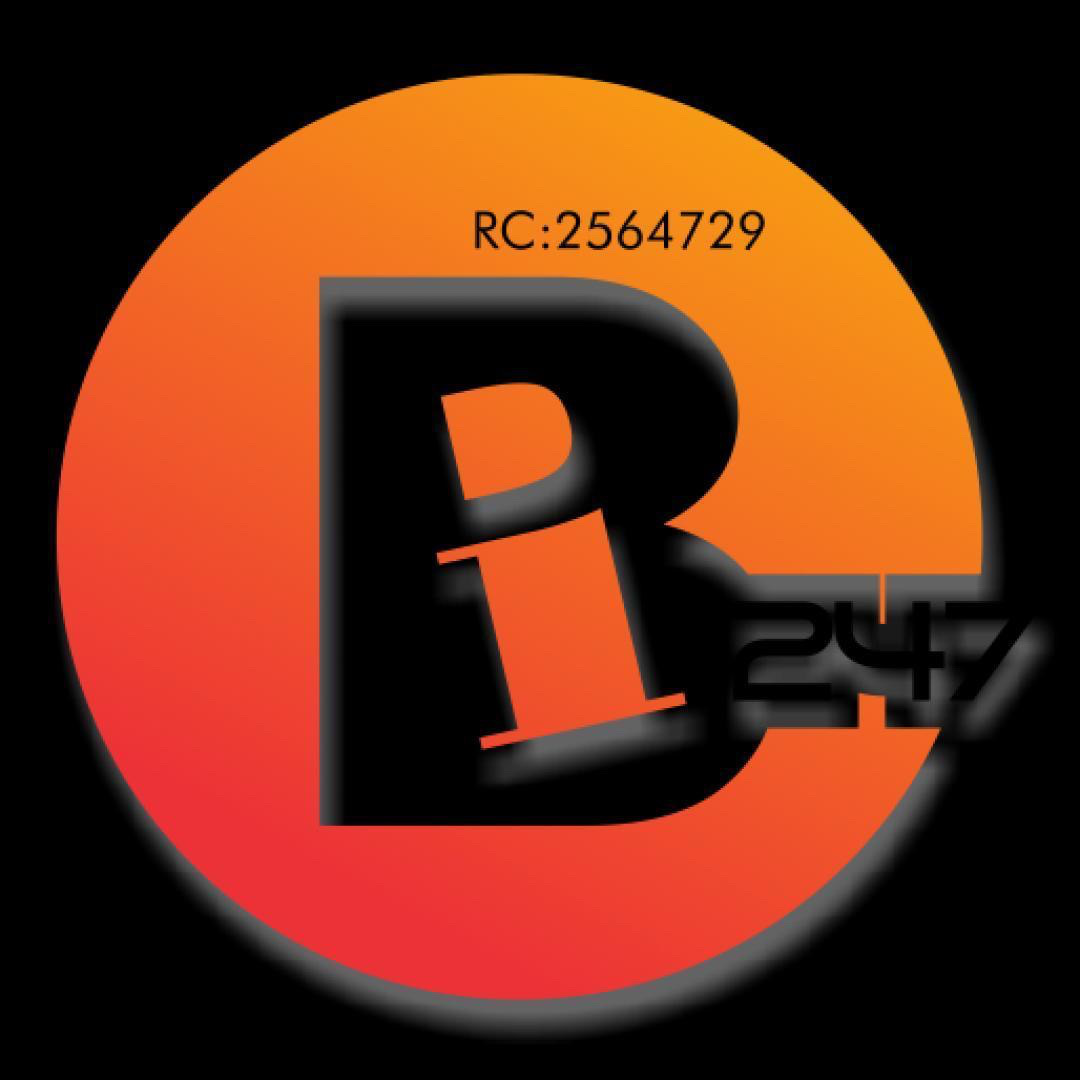Working in Canada: Understanding the Canadian Job Market for Students
Unlocking Your Canadian Career Path
Canada has long been an attractive destination for international students seeking high-quality education and a global perspective. However, the allure of this vast and diverse nation goes beyond the classroom. For many, the dream of studying in Canada is inseparable from the prospect of working and building a career in one of the world’s most welcoming and economically robust countries.
In this blog post, we embark on a journey to explore the Canadian job market through the lens of international students. We’ll delve into the intricacies of securing employment, gaining valuable work experience, and navigating the essential role of the Canada visa in this process. Understanding the Canadian job market is not only essential for financial independence during your studies but also a pivotal step toward establishing a rewarding career path in the Great White North.
So, fasten your seatbelts as we navigate the landscape of opportunities, work permits, and strategies that will enable you to thrive in the Canadian job market while pursuing your academic dreams. Whether you’re a prospective student contemplating a journey to Canada or a current student seeking to make the most of your time here, this guide will equip you with the knowledge and insights you need to embark on your Canadian career adventure with confidence.
Canada Visa and the Job Market for Students
The Canadian job market for international students is dynamic and offers several opportunities to gain work experience, earn income, and boost your career. However, before you can start working, you need to secure the right visa. Here’s how the Canada visa plays a pivotal role:
- Study Permit and Work Authorization: To work in Canada as a student, you typically need a valid study permit. This permit comes with work authorization, allowing you to work both on and off campus while you study.
- On-Campus Employment: With your Canada visa, you can work on-campus at the institution where you’re studying. This can be a valuable way to gain experience while managing your studies.
- Off-Campus Work: Your Canada visa also permits you to work off-campus for up to 20 hours per week during the academic year and full-time during scheduled breaks. This flexibility allows you to explore part-time job opportunities in your field of interest.
- Co-op and Internship Programs: Many Canadian institutions offer co-op or internship programs as part of their curriculum. These programs are an excellent way to gain practical experience, and your Canada visa allows you to work full-time during these work terms.
- Post-Graduation Work Permit (PGWP): After completing your studies, the Canada visa becomes even more critical. The PGWP, which can be obtained with a valid study permit, allows you to work in Canada for a duration equal to the length of your study program, up to a maximum of three years. It’s a significant pathway to gaining Canadian work experience and potentially transitioning to permanent residency.
Optimizing Your Job Search
Now that you understand the role of the Canada visa in your job search, here are some tips to optimize your employment prospects:
- Networking: Build a strong professional network by attending career fairs, joining student clubs, and connecting with alumni. Networking can open doors to job opportunities.
- Resume and Cover Letter: Craft a tailored resume and cover letter for each job application, emphasizing your skills, experiences, and how they align with the position.
- Job Portals: Utilize online job portals and university career services to find job listings that suit your skills and career goals.
- Language Proficiency: Improve your English or French language skills, as proficiency is often a requirement for many positions.
- Co-op and Internships: Consider enrolling in co-op or internship programs offered by your institution, as these can provide hands-on experience and valuable connections in your industry.
When it comes to international students in Canada, understanding the Canadian job market is crucial, especially for those looking to support themselves financially during their studies. This blog post will provide valuable insights into the Canadian job market for students, focusing on opportunities, work permits, and the importance of the Canada visa in this context.
Your Path to Canadian Career Success
In the diverse and dynamic landscape of Canadian opportunities, international students find a wealth of pathways toward career success. From the classroom to the workplace, the journey unfolds with promise and potential.
The key to this journey? The Canada visa – your entry ticket to the realm of Canadian work experience. As we conclude our exploration of the Canadian job market for students, one fact stands clear: understanding and optimizing the role of your visa is paramount.
Whether you aspire to on-campus roles, seek off-campus adventures, embrace co-op or internship experiences, or dream of post-graduation opportunities, the right visa is your passport to realizing these ambitions. It is the bridge that connects your academic pursuits with the professional world, transforming your dreams into a rewarding reality.
So, international students, seize the moment! With a Canada visa in hand and the knowledge gleaned from this guide, you are equipped to embark on a journey that promises growth, fulfillment, and prosperity in the Great White North.
The Canadian job market welcomes you, and your future beckons with boundless possibilities. Take that first step, leverage your visa wisely, and let your Canadian career story begin. The world of opportunity is yours to explore.
In Canada, international students have ample opportunities to work and gain valuable experience. However, obtaining the right Canada visa is the first crucial step. Understanding the Canadian job market for students and strategically leveraging your visa can lead to a successful and rewarding career journey in Canada. Whether it’s on-campus, off-campus, co-op, or post-graduation employment, the right visa can open doors to a world of possibilities in the Canadian job market.
Requirements to study in Canada as an international student?
Studying in Canada as an international student is an exciting opportunity, but it does come with certain requirements. Keep in mind that requirements can vary slightly depending on the specific institution, program, and level of study (undergraduate, graduate, etc.). Here are the general requirements for international students to study in Canada:
- Acceptance into a Designated Learning Institution (DLI): The first step is to apply and be accepted into a Canadian educational institution that has been designated by the government as a place for international students to study.
- Valid Passport: You must have a valid passport that covers the duration of your stay in Canada. It’s advisable to ensure your passport has sufficient validity beyond your intended period of study.
- Proof of Sufficient Funds: You need to demonstrate that you have enough money to cover your tuition fees, living expenses, and other costs while studying in Canada. This can be proven through bank statements, sponsorship letters, or scholarship offers.
- Letter of Acceptance: Once you are accepted by a Canadian educational institution, you will receive a formal letter of acceptance. This letter is a crucial part of your study permit application.
- Study Permit: To study in Canada, you generally need a study permit, unless your program is very short (less than six months) or you are a family member or staff of a foreign representative to Canada. You apply for a study permit through the Immigration, Refugees, and Citizenship Canada (IRCC).
- Biometrics: Depending on your country of origin, you may be required to provide biometrics (fingerprints and photographs) as part of your study permit application.
- Medical Exam: In some cases, you may need to undergo a medical examination, particularly if you plan to study in Canada for more than six months.
- Criminal Background Check: You may need to provide a police clearance certificate to prove that you do not have a criminal record.
- Language Proficiency: Depending on your program and institution, you might need to demonstrate your proficiency in English or French by taking a language test like IELTS, TOEFL, or the Canadian English Language Proficiency Index Program (CELPIP).
- Statement of Purpose: You may be required to provide a statement of purpose or letter of intent explaining why you want to study in Canada and how it fits into your educational and career goals.
It’s essential to check the specific requirements of the institution and program you plan to attend, as well as the most up-to-date immigration policies on the official website of the Government of Canada, or consult with the nearest Canadian embassy or consulate for precise and current information. Additionally, application timelines and processing times can vary, so it’s recommended to start the application process well in advance of your intended start date.






 Protected by Patchstack
Protected by Patchstack